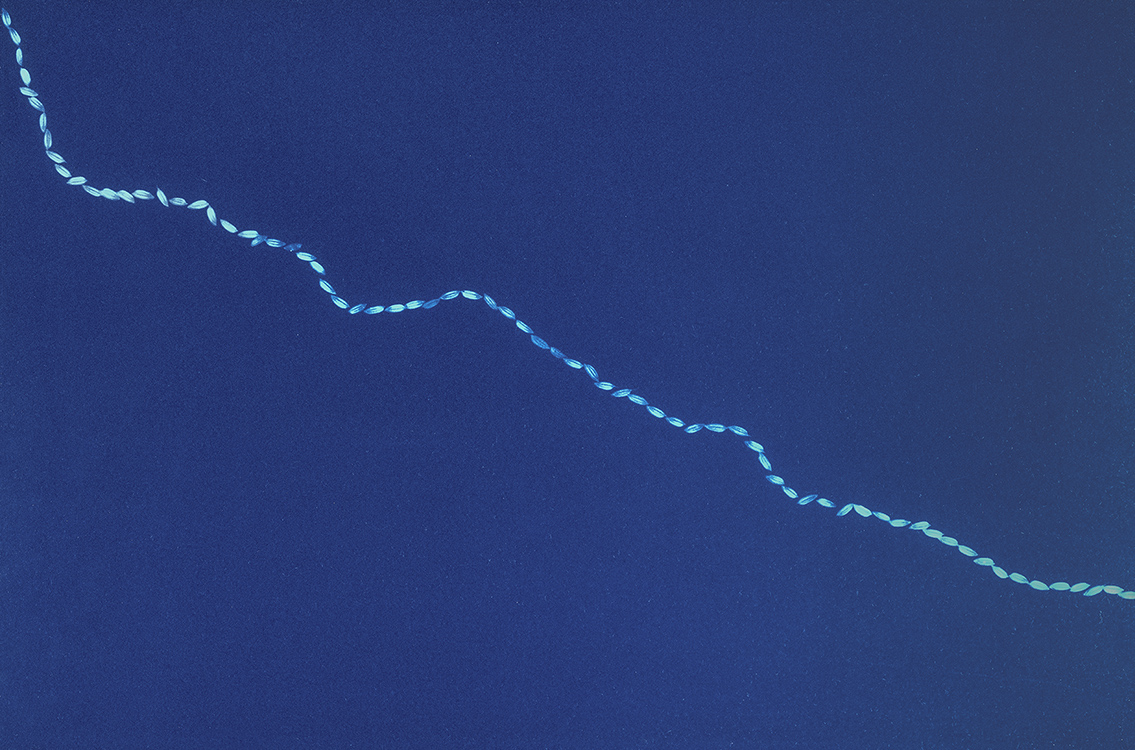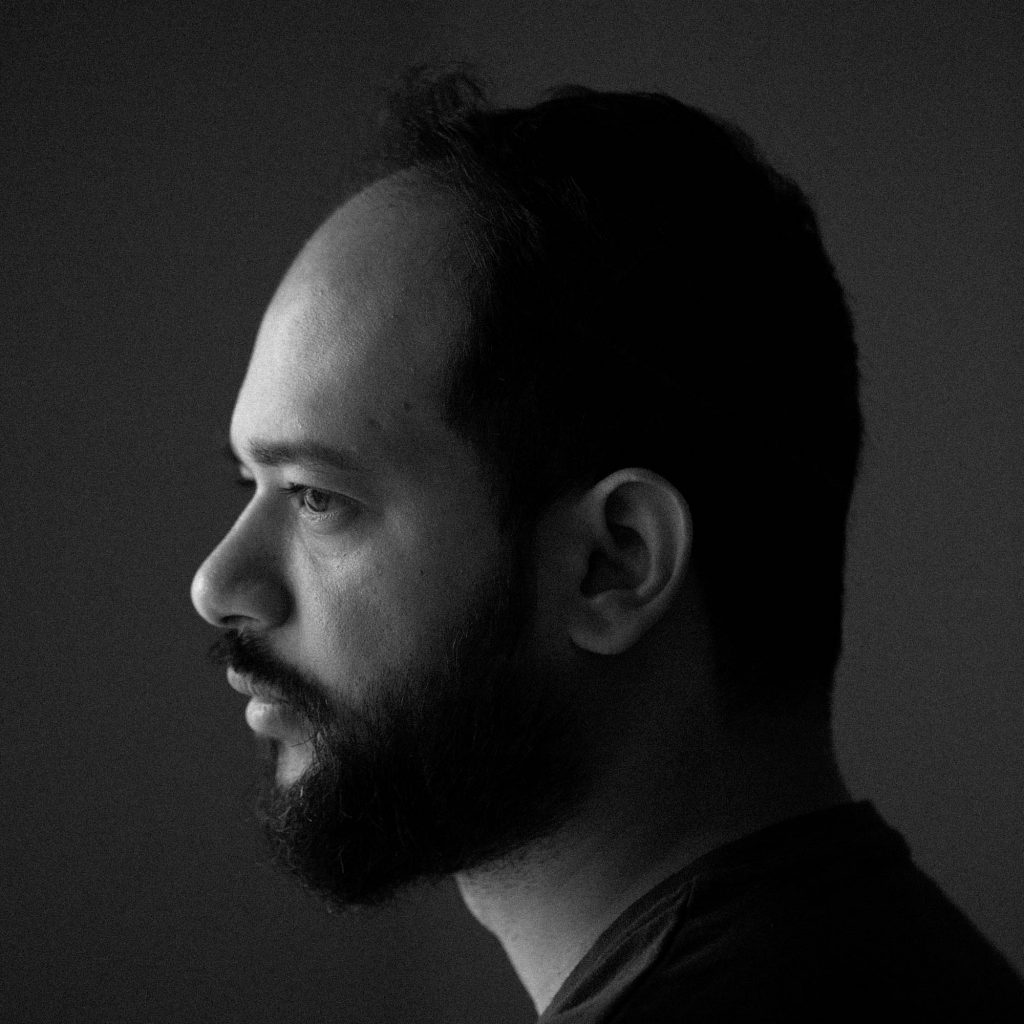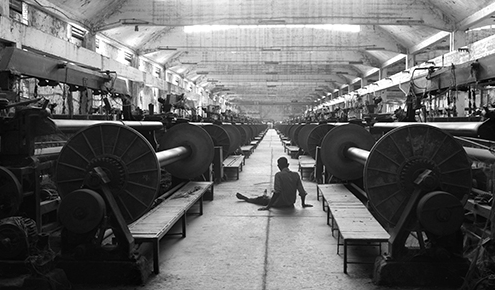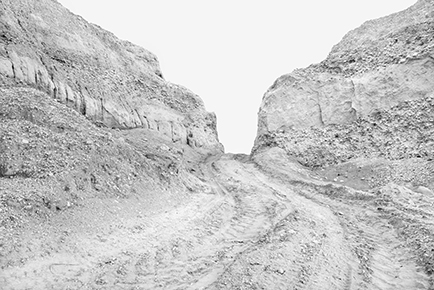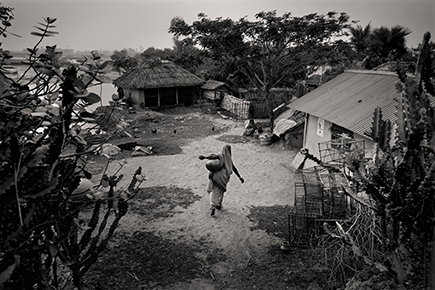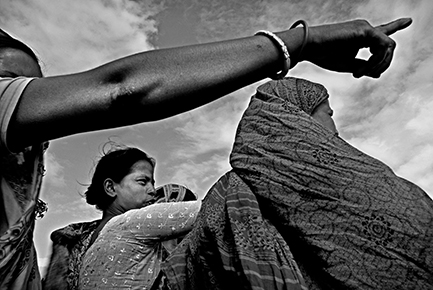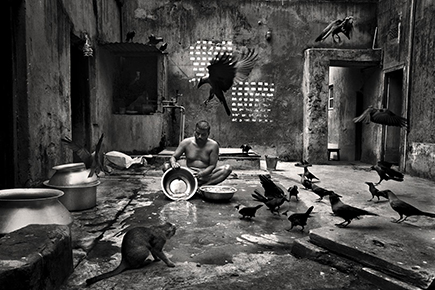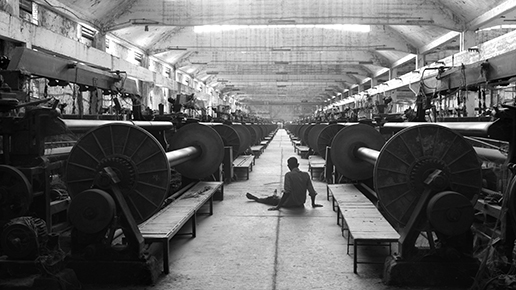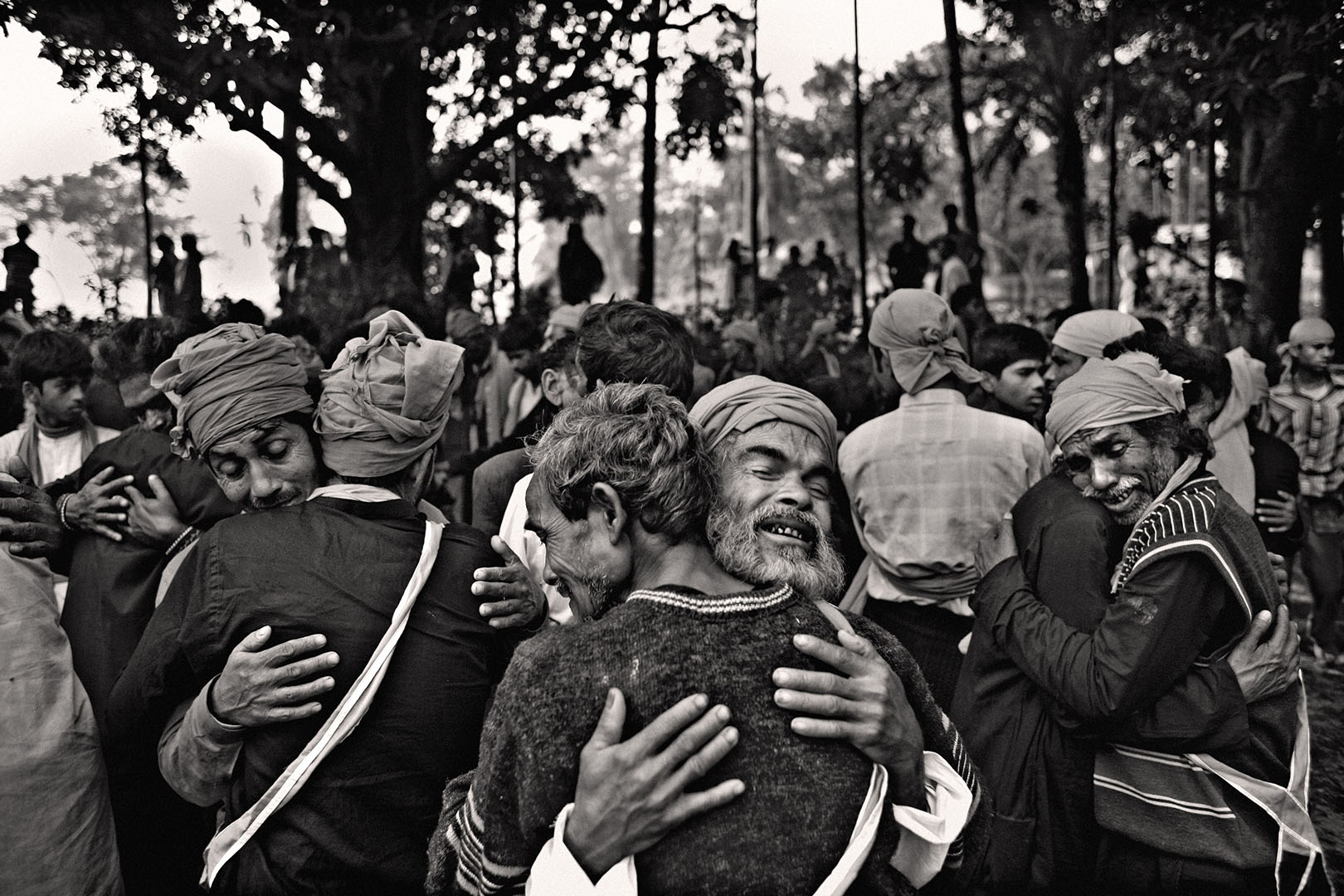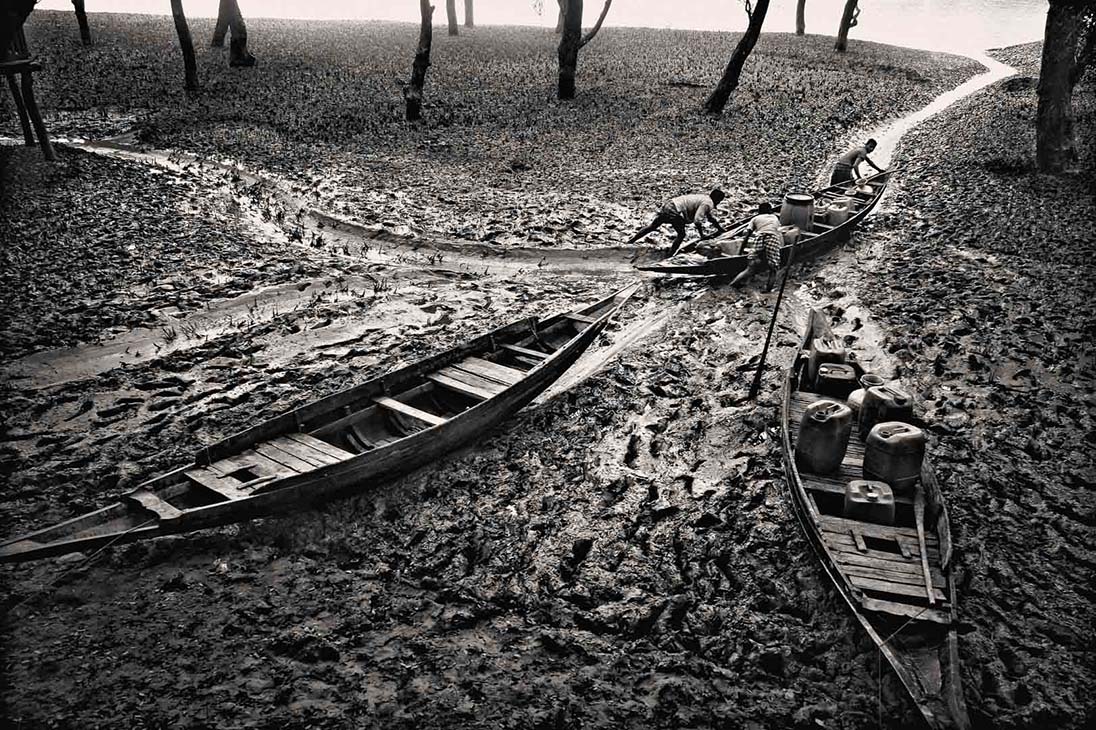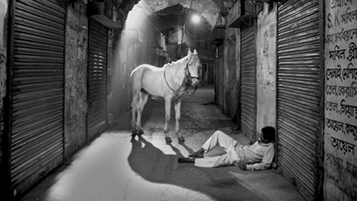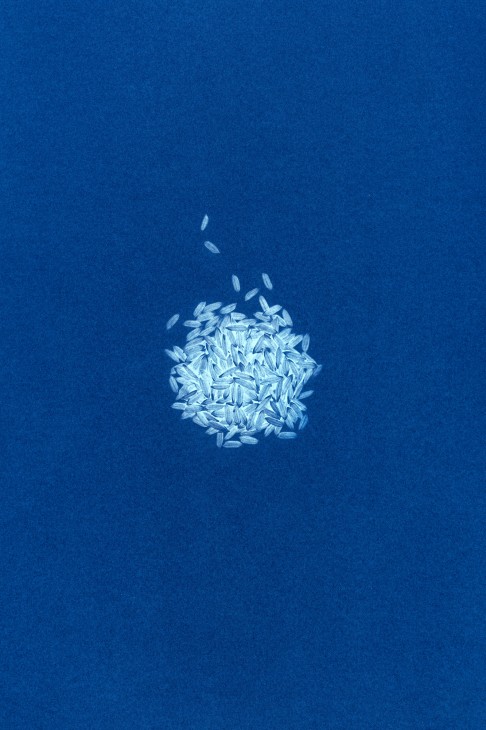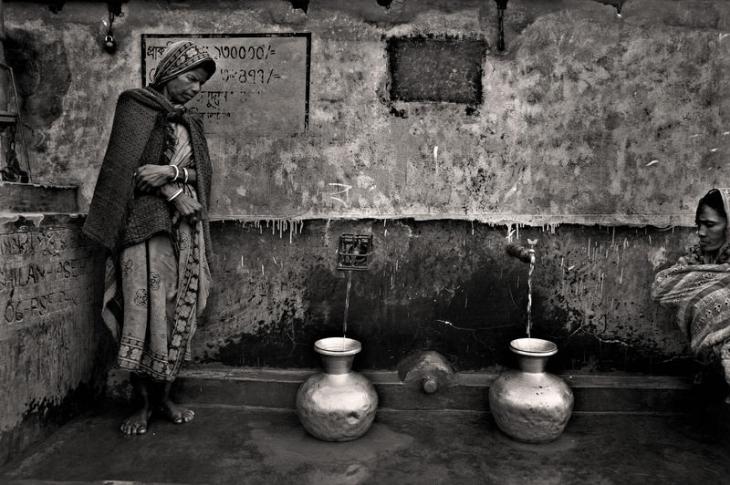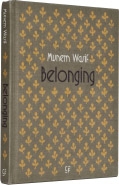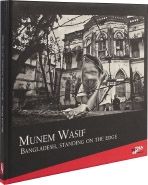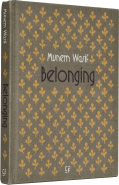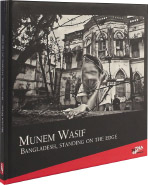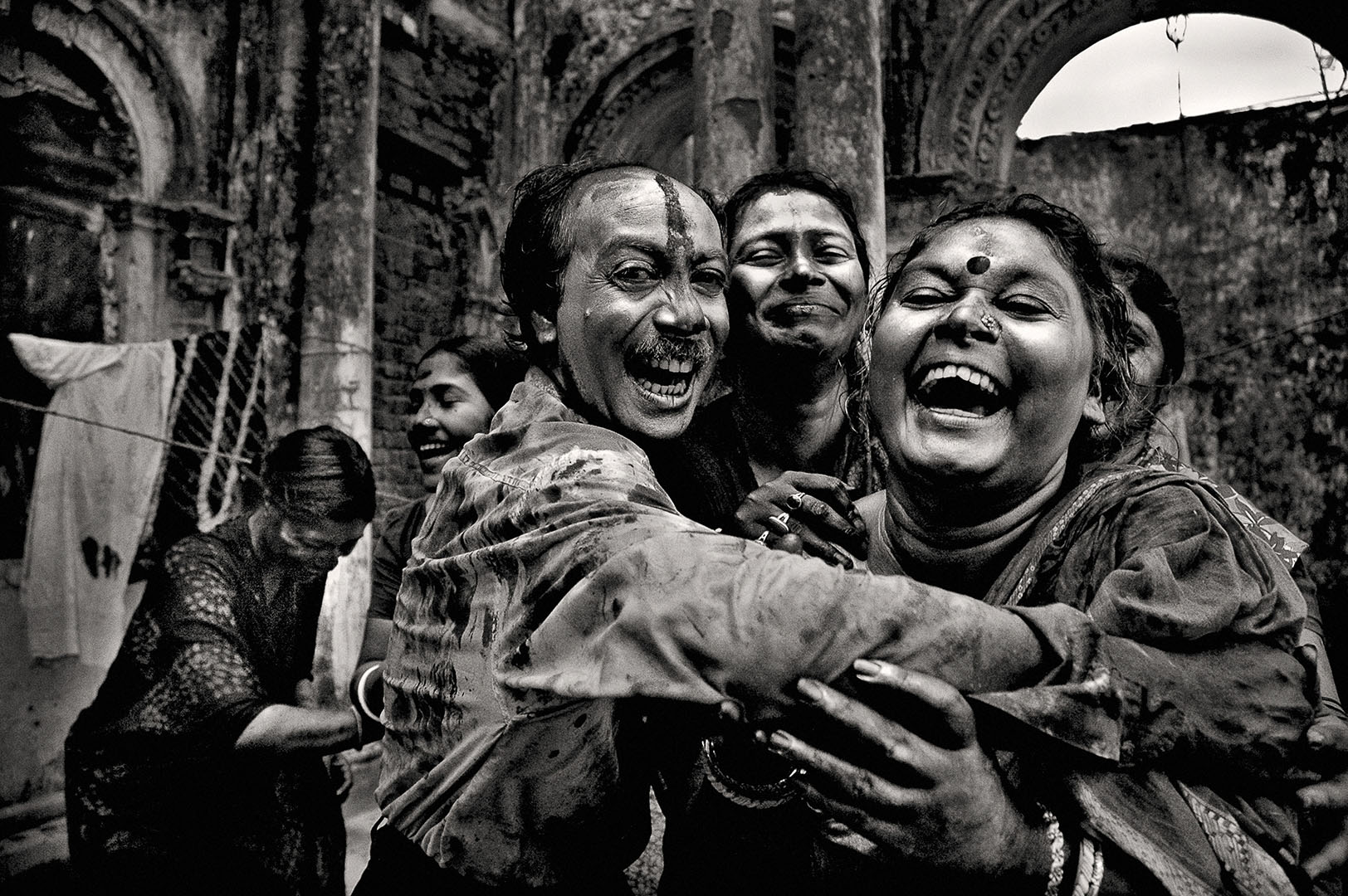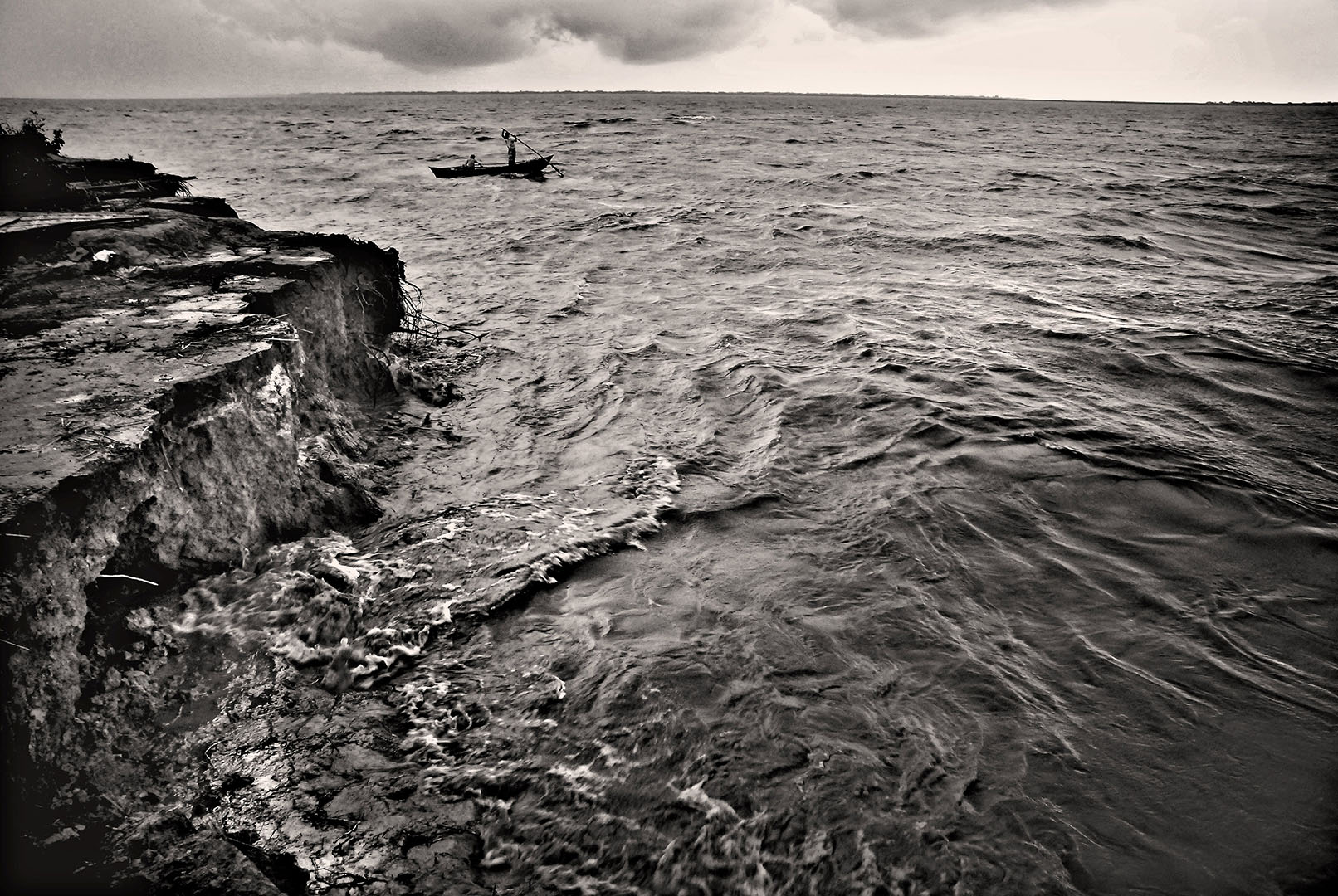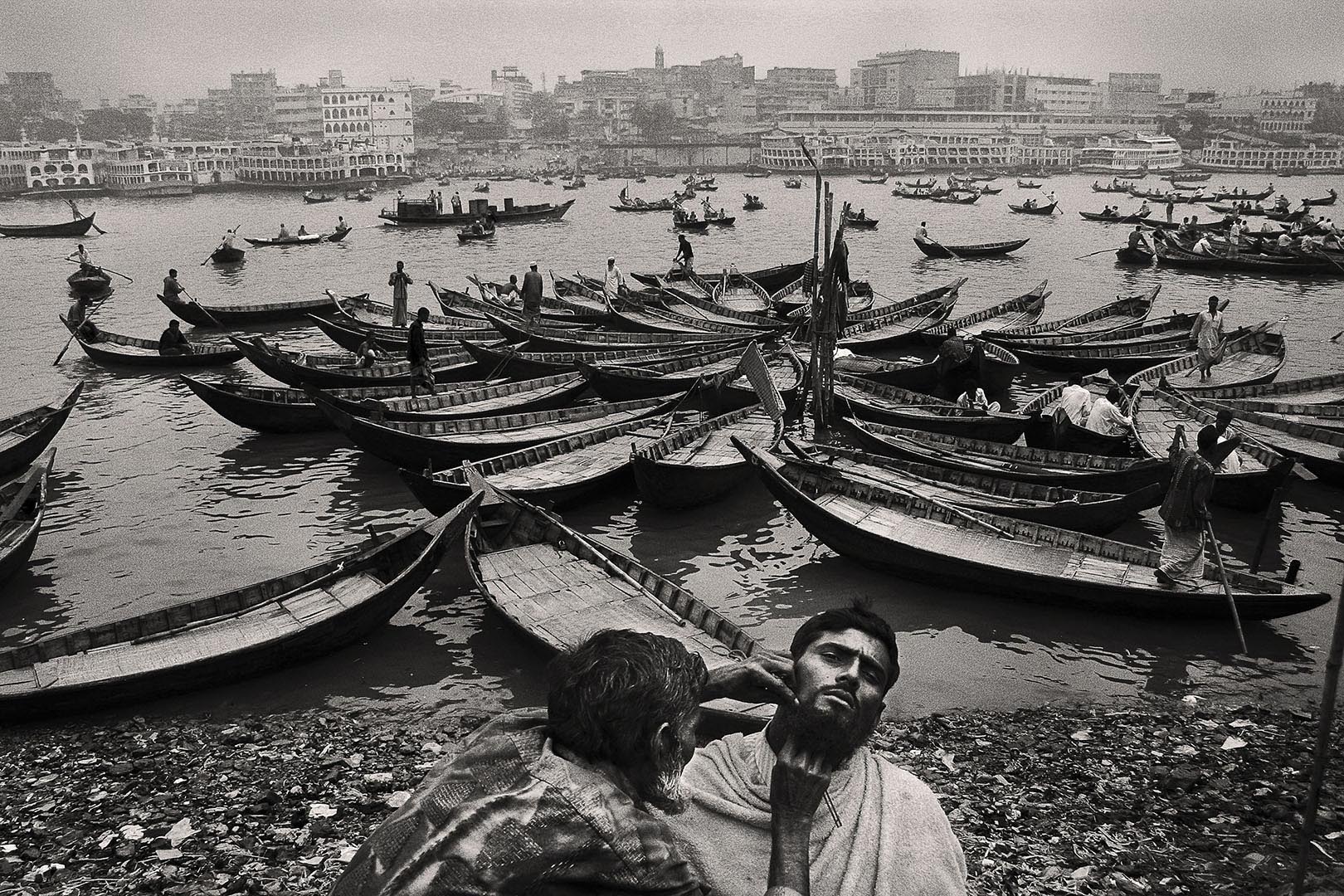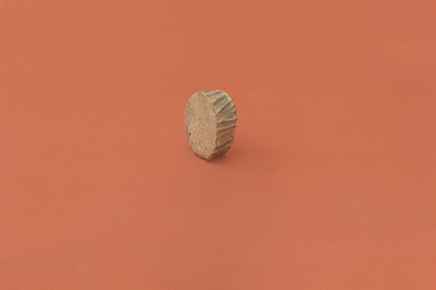 https://agencevu.com/wp-content/uploads/2021/03/17_Spring-Song_MUNE-1.jpg
290
436
Fanny Demichelis
/wp-content/uploads/2021/05/logo-vert-2.svg
Fanny Demichelis2019-12-15 13:51:552021-03-15 15:13:29Spring Song, 2019
https://agencevu.com/wp-content/uploads/2021/03/17_Spring-Song_MUNE-1.jpg
290
436
Fanny Demichelis
/wp-content/uploads/2021/05/logo-vert-2.svg
Fanny Demichelis2019-12-15 13:51:552021-03-15 15:13:29Spring Song, 2019Munem
Series
video
Machine Matter, 2017
—
In Machine Matter, Wasif examines the death of the jute industry in Bangladesh and the destruction of the livelihoods the ‘golden fibre’ once supported. Until the mid-twentieth century, the jute industry was strong in the Indian subcontinent as jute twine was employed to package the world’s cotton, grains, coffee, sugar and cement. However, with the shift of power from East Bengal to Pakistan after the partition in 1947, the jute industry began to generate most of the income for the new state, diverting profits away from small stakeholders in East Bengal and leaving factories without work. In addition, jute production was reduced overall by the widespread use of artificial materials and the rise of shipping containers and cargo ships.
Using long takes and tight shots, the artist turns his lens to an abandoned jute mill and the former workers who ran the machines—the union of man and machine that formed the heart of a major industry. Close-ups of people focus on overall presence rather than individual faces, drawing parallels between the stillness of bodies and the idle machinery that surrounds them. Only soft breezes, dripping water, stray feathers or rays of sunlight activate the otherwise static scenes of this once thriving site of production, which connected this place to global circuits of capital.
Interviews
Artist Stories: Munem Wasif
APT 9
—
2019
Munem Wasif talks about his film Kheyal (2015-18) where he follows four characters through the streets of old Dhaka in Bangladesh. The title is derived from the Arabic word “Khyal” or “Khayal”, which means fiction or imagination. The film shows the enigmatic environments and unique identities that inhabit the historic city.
Wasif describes his film as a work of “magical realism” because it oscillates between real and imaginary narratives, navigating between the conscious and subconscious, and reveals the very different pace of life that inhabits the old city.
Pictet Award, Space: Munem Wasif
Prix Pictet
—
2017
Prix Pictet ‘Space’ shortlisted artist Munem Wasif was interviewed at the Victoria & Albert Museum in London during the Finalists’ Exhibition on May 4th 2017.
The Land of the Undefined Territory
CoBo Dhaka Art Summit
—
2016
Munem Wasif talks about his exhibition “Land of the undefined territory” at the Dhaka Art Summit and Samdani Art Foundation in 2016. This work questions the identity of a land that is linked to a specific political and geographical context, but could also be anywhere. Wasif’s serene and systematic approach in this series imitates that of a survey, a topographical study, a geological survey or a simple aesthetic question.
Encore !
France 24
—
2015
Photographer Munem Wasif was invited in the Encore! studio to talk about a new exhibition which aims to show the complexity of faith in his native Bangladesh. From his sister’s hijab to the country’s diverse history, Wasif tries to bring nuance to an issue that – unlike his photos – is not just black and white.
Nuit noire, empreinte climatique
Action contre la faim et l’Agence VU’
—
2015
On the occasion of the Nuit Blanche 2015 in Paris, the French association Action Against Hunger and the Agence VU create the itinerary Nuit Noire – Empreinte Climatique (Black Night – Climate Footprint). Based on the work of photographer Wasif Munem, the exhibition sheds light on the climate threat in Bangladesh, where the association is active. In this interview, Wasif Munem explains the impact of climate change on the populations he photograph using his series “A Tale of Paradise Lost” : “Every monsoon, there is a fear that a tornado or cyclone will destroy the dikes (…) some have lost their homes a dozen times. »
L’histoire de la vieille ville
TEDx Talks
—
2015
Munem Wasif has been taking photos of the old part of Dhaka city for more than a decade. From his deep love for the place, a sense of belonging, Wasif comes with breathtaking photos and several intimate insider stories from the community.
Munem Wasif, Pictet Award
Prix Pictet
—
2010
Interview conducted on the occasion of the Prix Pictet 2008 at the Musée de l’Élysée de Lausanne, to document the struggles of the people of Bangladesh who have lost virtually all their natural resources and way of life due to shrimp farming along the coast.
Standin on the Edge
Canon CPN
—
2009
Agency VU’ photographer Munem Wasif tells the story behind his unforgettable black and white images of refugees in his homeland of Bangladesh. Here he talks about his career and reveals how issues close to his heart helped him to document the major refugee problems.
Exhibitions
Salt water tears
—
Festival L’Homme et la Mer, Guilvinec (FRANCE)
—
From June 1 to September 30, 2022
Imagined documents – Kheyal
—
Les Rencontres de la Photographie, Arles (FRANCE)
—
From July 4 to September 25, 2022
Seeds Shall Set Us Free II
—
Centre Pompidou, Paris (FRANCE)
—
From October 23 to December 23, 2019
Salt Water Tears
—
Festival de Chobi Mela VI, 2011, (BANGLADESH)
—
From January 21 to March 2, 2011
books
awards
The F25 International Award For Concerned Photography of the Fabrica
For his Series « Belonging – Old Dhaka »
2010
Commision for the Prize Pictet
Series “Salt Water Tears”
2009
City of Perpignan Award Rémi Ochlik
For its series “Bangladesh, on the wire”
2008
The F25 International Award For Concerned Photography of the Fabrica
For his Series « Belonging – Old Dhaka »
2008
Joop Swart Masterclass
2007
